The hedge fund manager that made the largest single donation to the UK Labour party in the run-up to its election victory this year has reported a sharp fall in profits following a restructuring.
Quadrature Capital Limited, a UK-based investment firm with a fund based in the Cayman Islands, posted a 76 per cent fall in pre-tax profit for the year to January, from £231mn in 2023 to £56mn in 2024, company filings show.
The fall was the result of a corporate restructuring which meant QCL’s investment holding in its offshore fund was shifted to an offshore entity, according to a person close to the process. This transfer of assets means QCL’s published results reflect a smaller portion of group profits than previous years.
The restructuring was aimed at allowing the business to set up offices in Singapore and New York, the person said, noting that all trading profits were still subject to UK corporate tax. Quadrature declined to comment.
Quadrature, which focuses on electronic trading rather than using stockpickers, came under the spotlight earlier this year when it made the £4mn donation in May, after the UK general election was called.
Daniel Luhde-Thompson, a strategic adviser to Quadrature, also donated £250,000 to the party.
The investment firm said at the time of the donation that it was backing Labour for its policies on climate change. “In May 2024, we came to the view that a UK government with a commitment to the green transition of the economy would have the ability to drive change that is so urgently needed,” the firm said.
Quadrature, which also bets against companies through short positions, was founded in 2010 by billionaires Greg Skinner and Suneil Setiya, who previously managed money at De Putron Fund Management.
Its flagship fund trades using algorithms to decide which stocks to buy with a “market-neutral trading strategy” that does not involve holding stocks for long periods of time.
The company paid £351mn in salaries for its 143 employees, up from £343mn paid in 2023 for 113 staff at the time, its filings show. The average salary fell to £2.45mn from £3mn.
Other millionaires gave more to Labour in total in the run-up to its historic election victory in July: Gary Lubner, Lord David Sainsbury and Dale Vince each donated more than £5mn apiece, but in a series of payments.
But Quadrature’s large single donation has placed the business firmly in the political spotlight.
Quadrature said it had paid more than £2bn in UK tax since the company launched. “Since the funds have historically been managed exclusively from the UK by Quadrature Capital Limited, all of the trading profits of the funds have been subject to UK corporation tax,” the firm said.
Its founders have also set up a charitable organisation called the Quadrature Climate Foundation which — according to an announcement in September — has so far given more than $1bn in philanthropic grants since it was founded in 2019.
Charitable grants from the foundation jumped from £120mn in 2022 to £247mn in 2023, according to filings on the Charity Commission website.

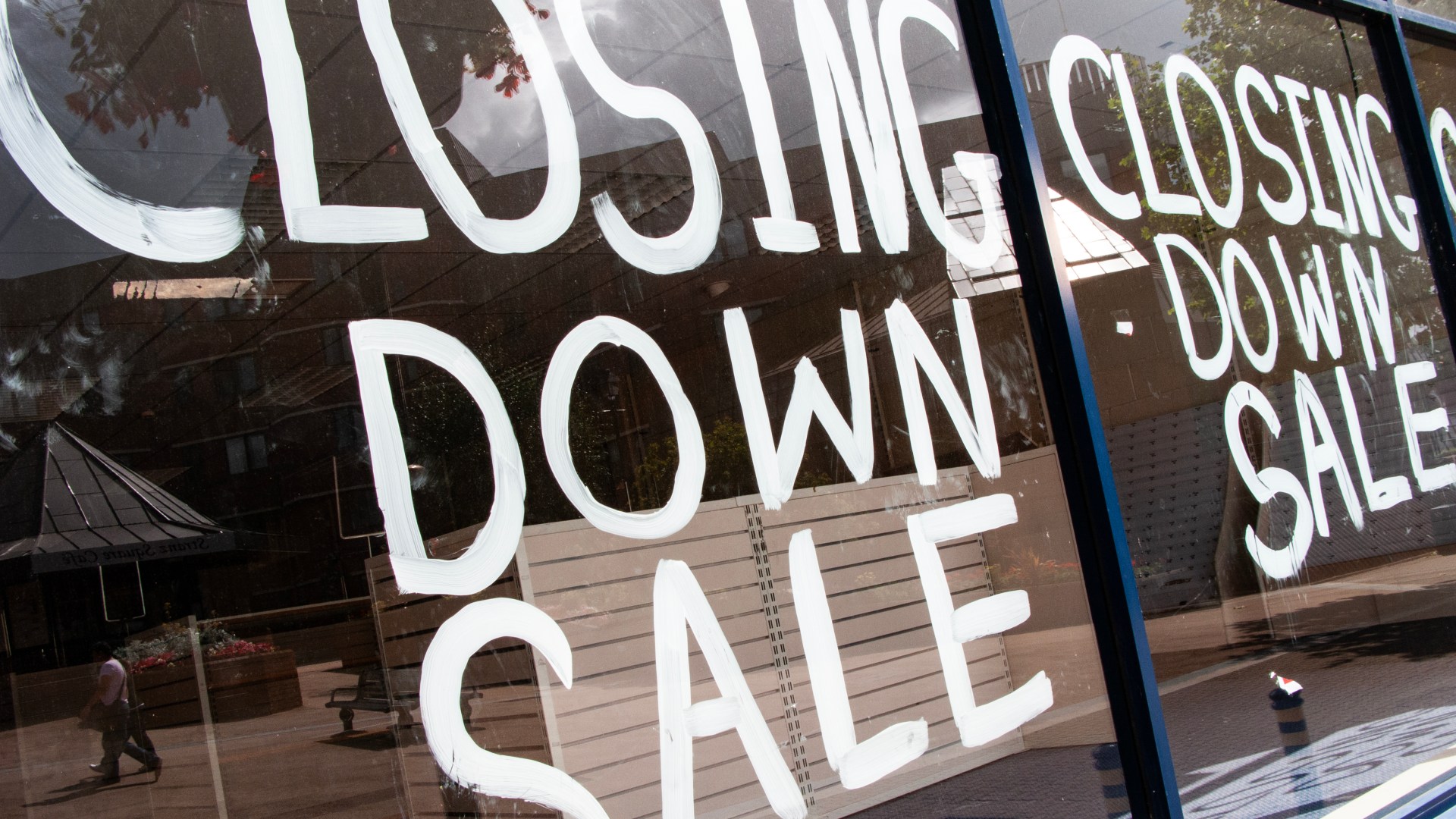


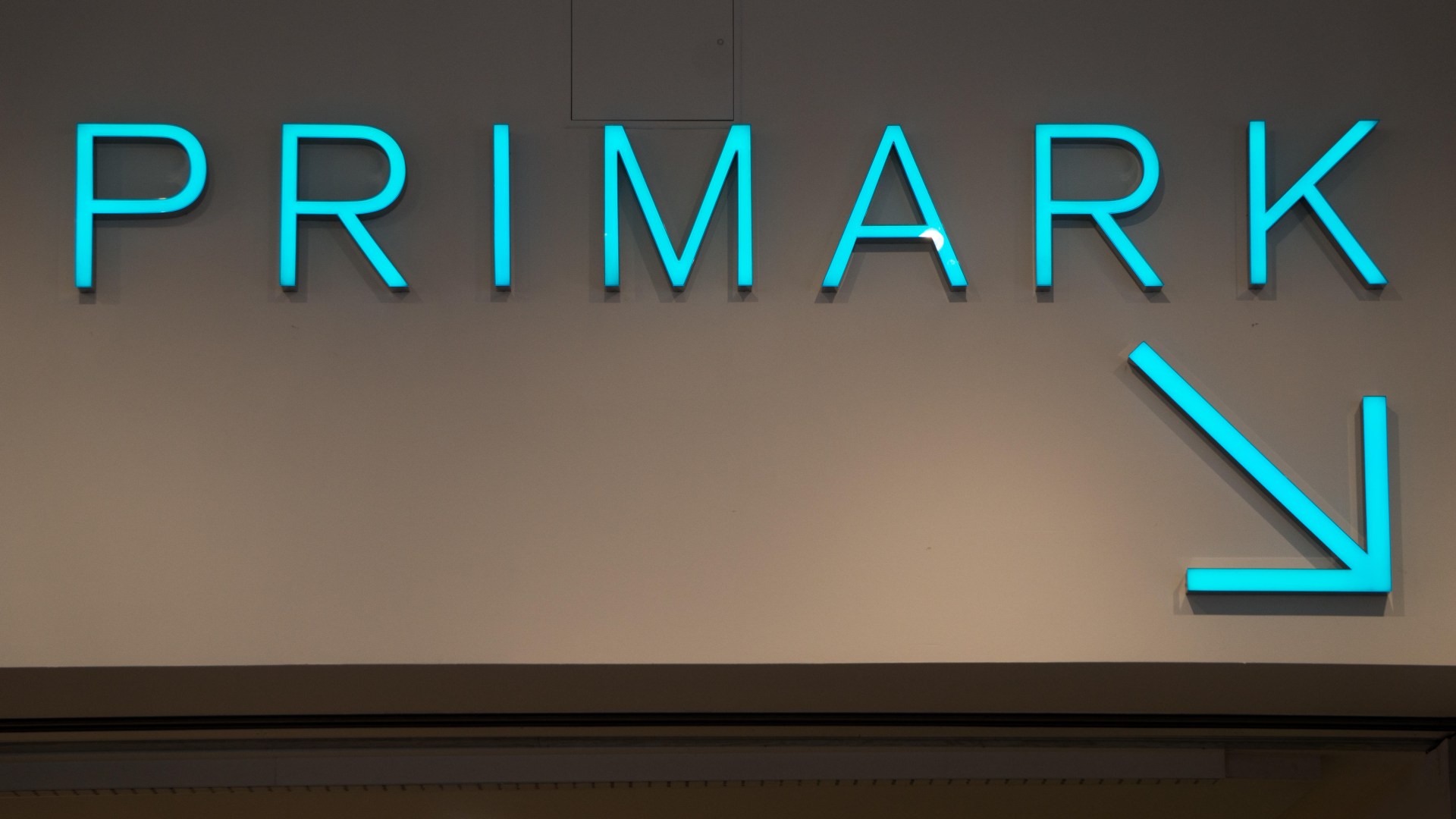




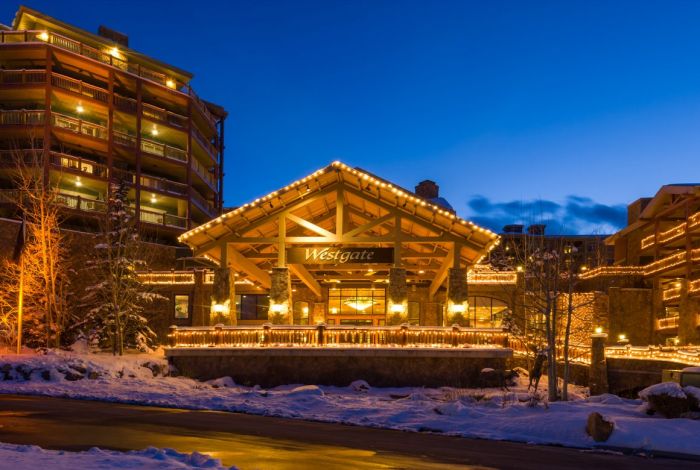

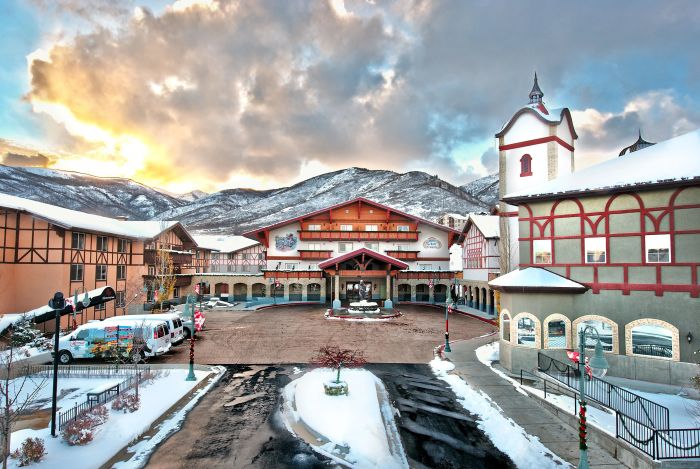




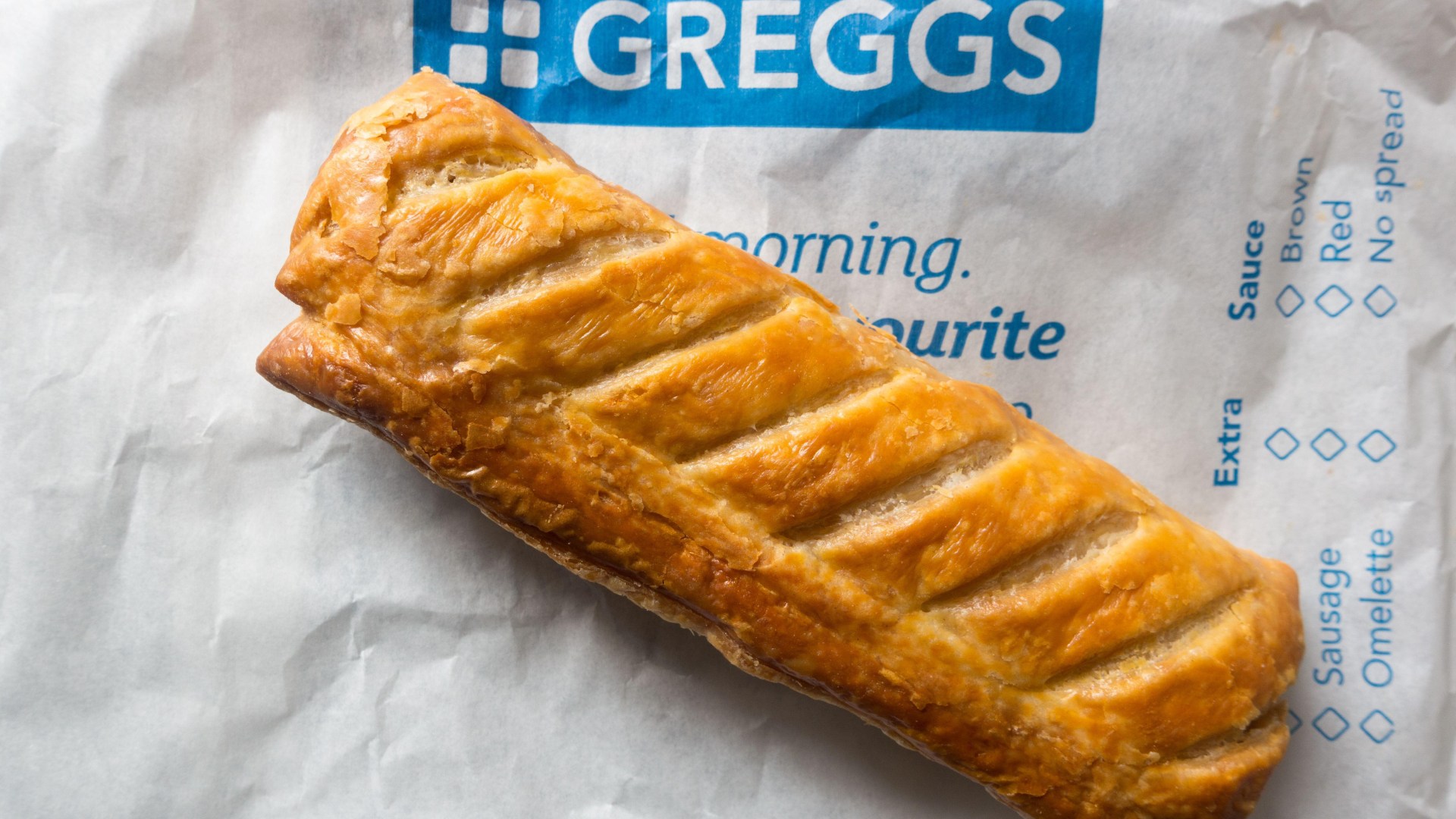

































































































































































You must be logged in to post a comment Login